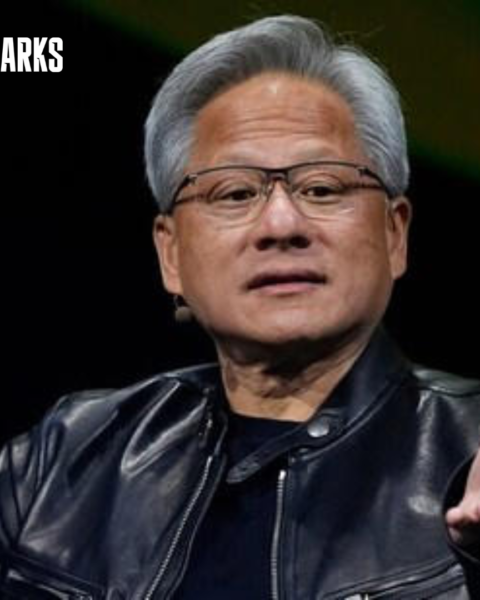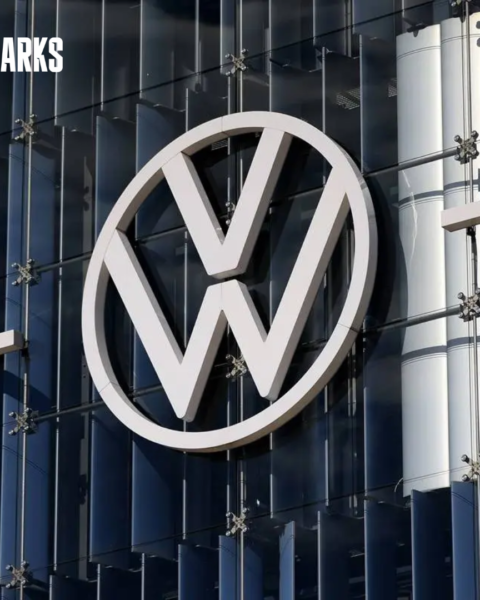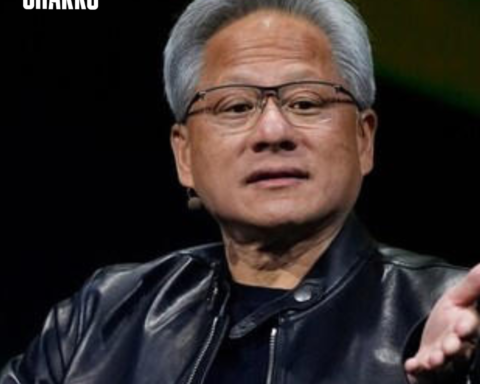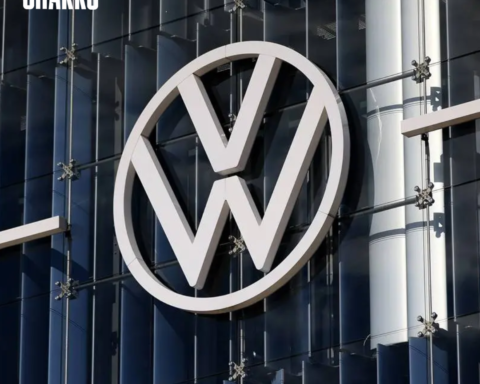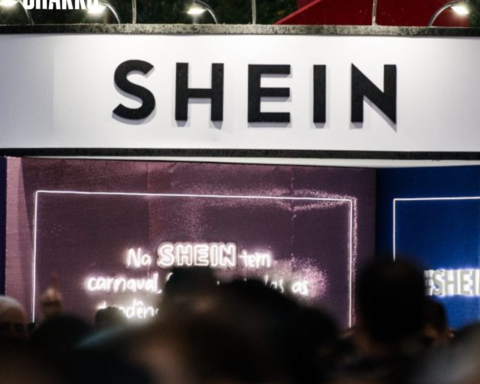Exxon Mobil Legal Challenge to Chevron $53 Billion Acquisition
According to sources familiar with the matter, Exxon Mobil's legal bid to prevent Chevron's proposed $53 billion acquisition of Hess depends
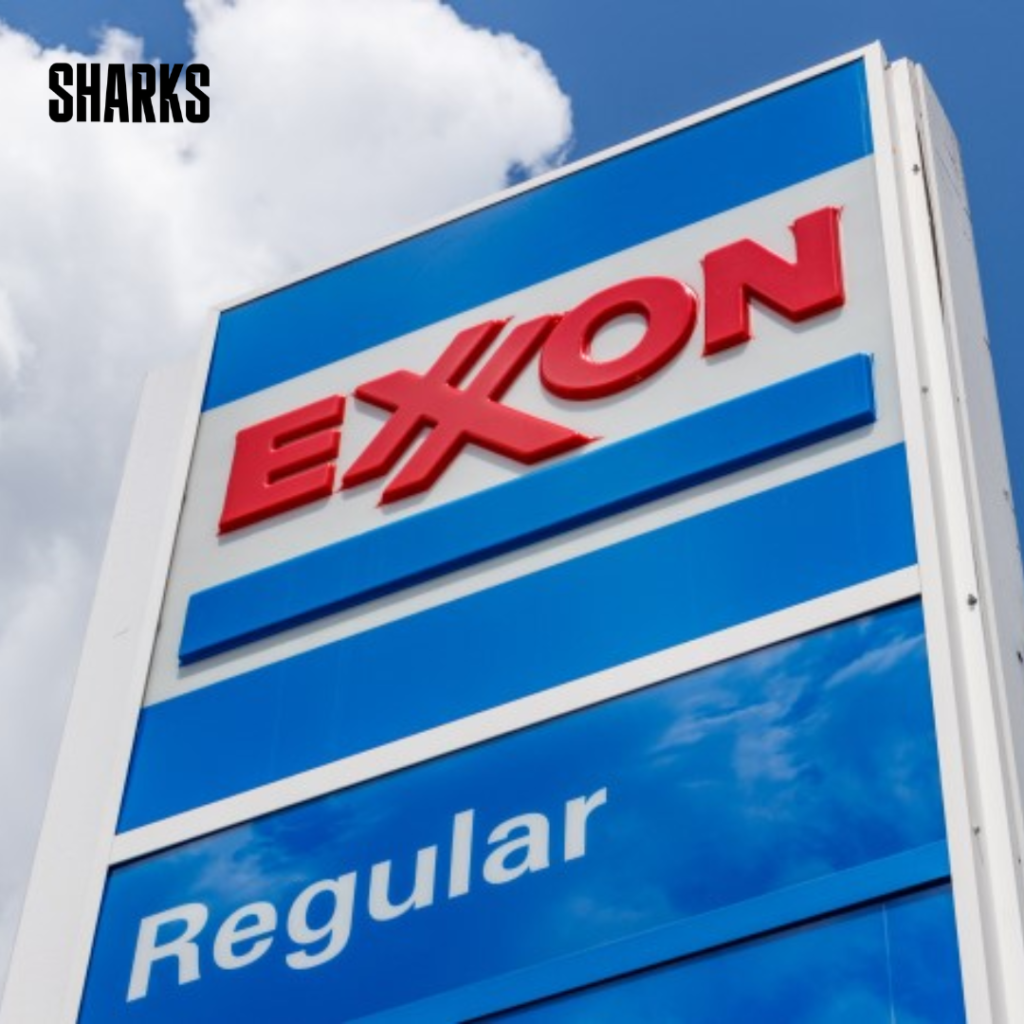
According to sources familiar with the situation, Exxon Mobil’s legal bid to halt Chevron’s proposed $53 billion acquisition of Hess hinges on whether the transaction constitutes a change of control of Hess’ key subsidiary in Guyana.
For nearly two decades, the two leading U.S. oil producers have been in arbitration over the world’s largest oil discovery offshore in Guyana.
The Stakes in Guyana:
Exxon operates all output in Guyana and has a 45% stake in a highly profitable consortium. The merger would see Chevron gain control of Hess and its 30% stake in the consortium, significantly shaping Chevron’s future.
Exxon contends that Hess should have first offered its stake in the Guyana asset to Exxon before agreeing to the merger with Chevron.
Legal Arguments:
Exxon’s position is based on the right of first refusal, which it argues is triggered by a change of control in Guyana. Exxon alleges that Chevron structured the deal to circumvent this right. In contrast, Chevron and Hess argue that the acquisition is designed to keep Hess intact, with no change of control of its Guyana asset, as Hess would simply become a unit within Chevron.
James English, an oil and M&A expert at Clark Hill Law, highlights the key issue: “The crux here is whether a change of control even occurred.”
The arbitration panel must decide whether to focus on the contract’s language or delve into Chevron’s intent. English notes, “A plain language approach would be very favorable to Chevron, while if you go with the intent, Exxon may have a case.”
Arbitration Process and Potential Outcomes:
If the arbitration panel examines intent, the dispute could extend into new stages requiring discovery, interrogations, and independent valuations, potentially delaying resolution into next year, as Exxon has warned.
Chevron is pushing for a straightforward interpretation of the contract and hopes for a hearing in the third quarter and an outcome in the fourth, aiming to close the deal shortly after that.
The Financial Implications:
According to English and other experts, the case is particularly significant because Guyana represents between 60% and 80% of the $53 billion Chevron offered for Hess. An Exxon arbitration victory would not end the dispute.
While ruling out an outright purchase of Hess, Exxon may still bid for its 30% stake in Guyana, seek compensation from Chevron, or leave the current situation unchanged. The final strategy will depend on the closely guarded valuation of Hess’ Guyana stake in the merger.
This high-stakes legal battle underscores the strategic importance of Guyana’s oil assets and the complex legal and financial maneuvers involved in major energy sector acquisitions.
Share This
Tony Boyce is a seasoned journalist and editor at Sharks Magazine, where his expertise in business and startups journalism shines through his compelling storytelling and in-depth analysis. With 12 years of experience navigating the intricate world of entrepreneurship and business news, Tony has become a trusted voice for readers seeking insights into the latest trends, strategies, and success stories.

